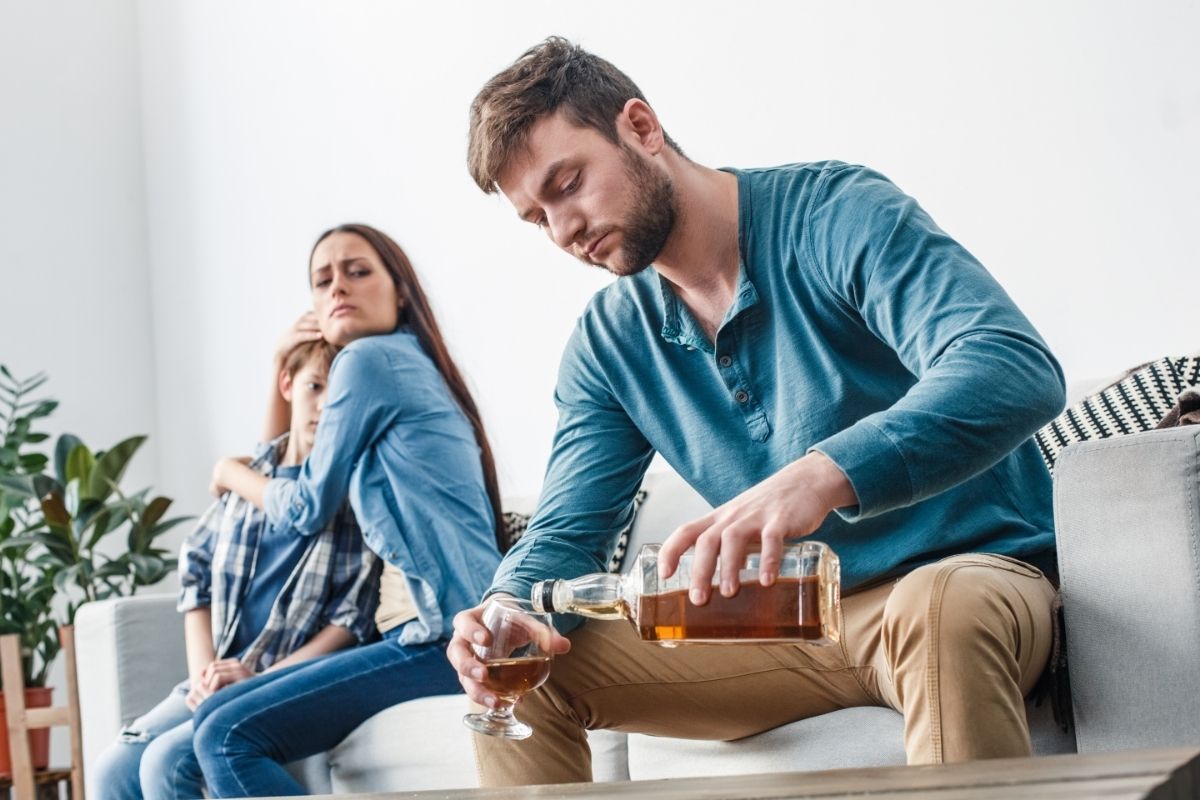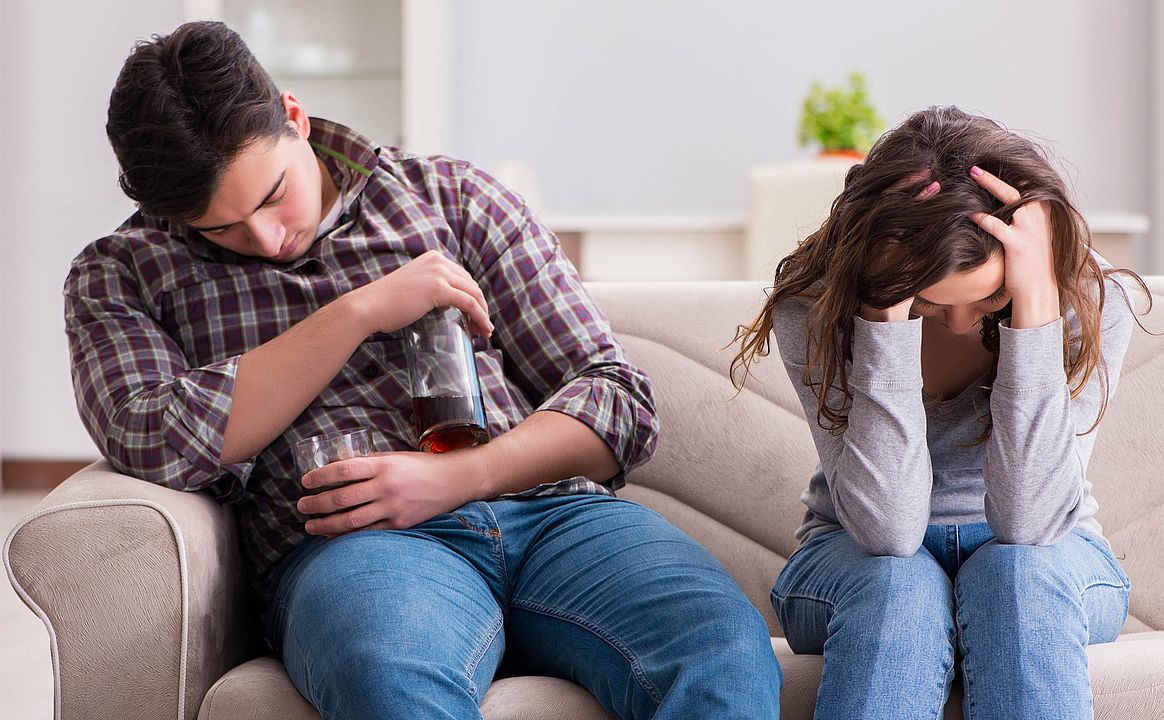Alcohol Abuse Is Affecting My Relationship
Alcohol often plays a role in social connection, relaxation, and celebration, but when drinking becomes excessive or habitual, it can begin to impact not only your well-being but also your relationships.
Many couples underestimate how deeply alcohol misuse can affect communication, trust, emotional intimacy, and overall relationship satisfaction. Recognising the signs early and seeking help can prevent further damage and open the door to recovery and reconnection.
Signs You or Your Partner May Have a Problem with Alcohol

Alcohol dependence can be subtle at first. You or your partner may justify drinking as “just to unwind” or “part of the routine,” but small patterns can quickly escalate into unhealthy habits. Warning signs may include:
- Regularly drinking more than intended or finding it hard to stop once started.
- Using alcohol to cope with stress, sadness, or anxiety.
- Becoming defensive or irritable when the topic of drinking arises.
- Neglecting responsibilities, hobbies, or relationships due to drinking.
- Memory lapses, arguments, or emotional distance after drinking episodes.
- Hiding alcohol or drinking secretly.
If these signs sound familiar, alcohol may already be influencing your relationship in deeper ways than you realise.
Ways Alcohol Causes Problems in Relationships

1. Lack of Intimacy
Emotional closeness is one of the first casualties of alcohol misuse. Frequent drinking can dull emotional awareness and responsiveness, making genuine connections difficult.
Partners may feel unseen, neglected, or unable to communicate authentically. Over time, this distance can lead to resentment, loneliness, and a breakdown in intimacy, both emotional and physical.
2. Mistrust
Alcohol abuse often brings unpredictability, broken promises, forgotten conversations, or behaviour that changes drastically while intoxicated. When one partner can’t rely on the other to be consistent or honest, trust erodes. Lies about drinking or denial of the problem can further fracture the bond, leaving one partner feeling betrayed or emotionally unsafe.
3. Codependency and Abuse
In some cases, one partner becomes trapped in a cycle of caretaking or enabling the other’s drinking. This can lead to codependency, where one person’s sense of self-worth becomes tied to “helping” or managing the other’s behaviour. Unfortunately, heavy drinking can also heighten emotional volatility, leading to arguments, aggression, or even physical abuse. These situations are emotionally exhausting and can have serious consequences for both partners.
4. Financial Troubles
Alcohol misuse can quickly take a financial toll. Frequent purchases, missed work, or job instability caused by drinking can create mounting stress.
Financial strain is one of the leading causes of conflict among couples, and when it stems from alcohol use, it often becomes intertwined with deeper emotional pain and blame.
When Should I Get Help?
If alcohol is a recurring source of tension, dishonesty, or distance in your relationship, it’s time to seek help, even if you’re unsure whether it qualifies as “a problem.” You don’t have to wait until the situation feels unmanageable. Early intervention through counselling, medical support, or community programs can help you both regain clarity and control.
If you’ve tried to bring it up but it always leads to arguments, that’s a clear sign the issue is too emotionally charged to manage alone. This is when a counsellor or therapist can provide a neutral, supportive environment to help you communicate more effectively without blame or judgment.

How Counselling Can Help With Alcohol Abuse and Relationships?
Counselling can be a powerful step toward healing both individually and as a couple. A professional therapist can help you:
- Understand the underlying causes of drinking behaviour.
- Develop healthier ways to cope with stress and emotional pain.
- Learn communication strategies to reduce conflict and rebuild trust.
- Set healthy boundaries and rediscover shared goals as partners.
For many couples, relationship counselling is not just about addressing alcohol use. It’s about rebuilding the emotional connection that may have been lost along the way.
If alcohol is affecting your relationship, you don’t have to face it alone. Seeking help is not a sign of weakness. It’s a step toward a healthier, more supportive partnership. With compassion, guidance, and the right therapeutic tools, recovery and reconnection are possible.
If you or your partner is struggling, reach out to a counsellor at Chirn Park Health Group or Online Therapy and Counselling on the Gold Coast with Lee Calleja to begin the process of healing together.









